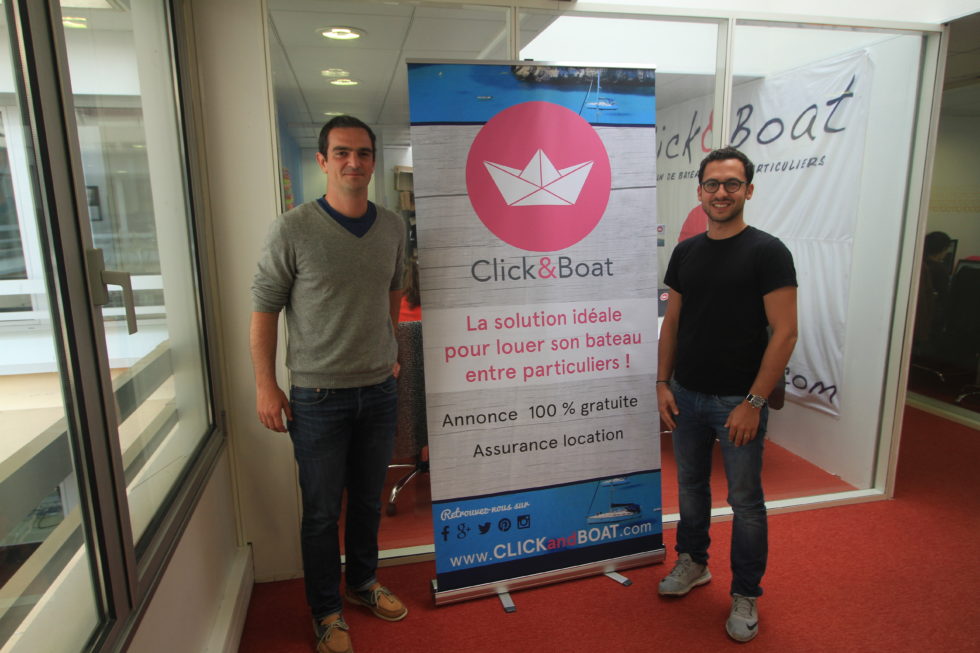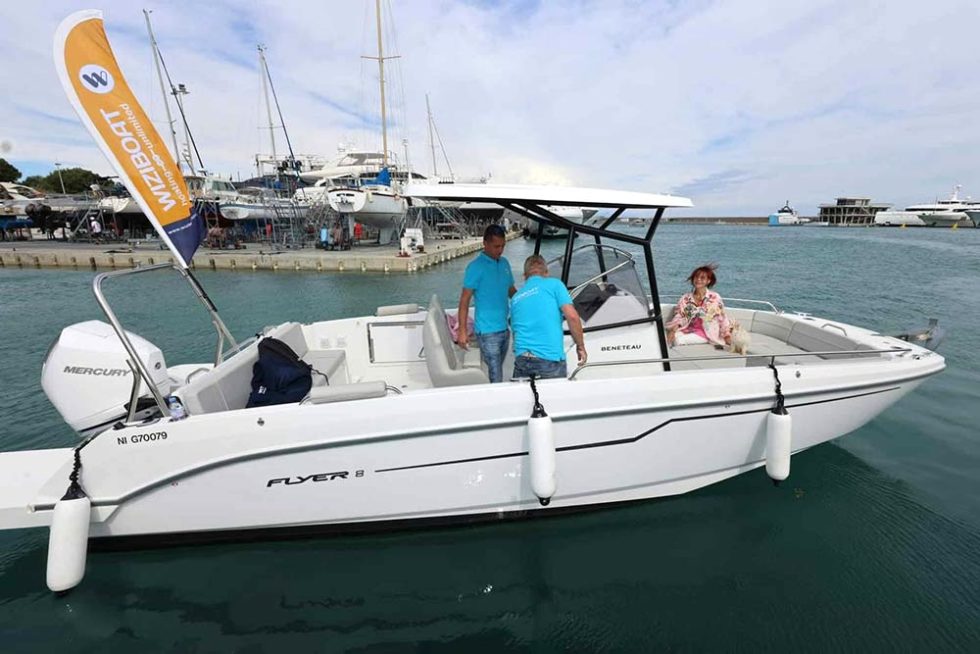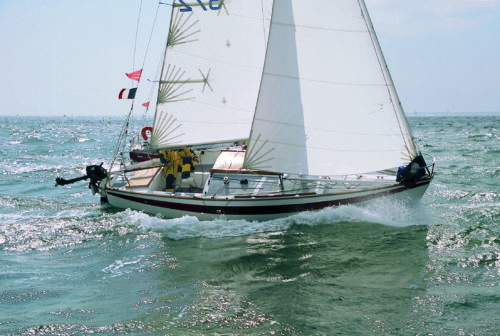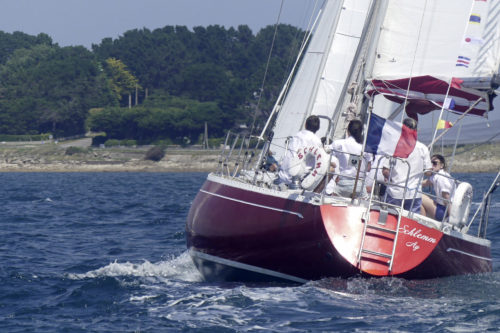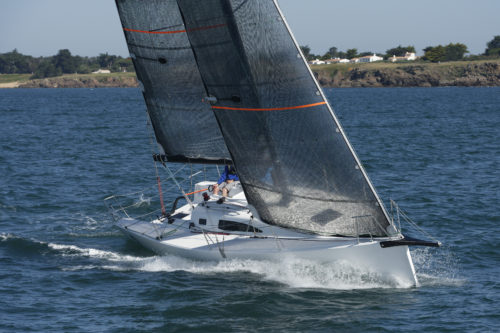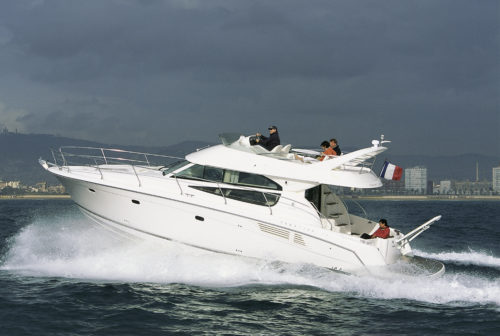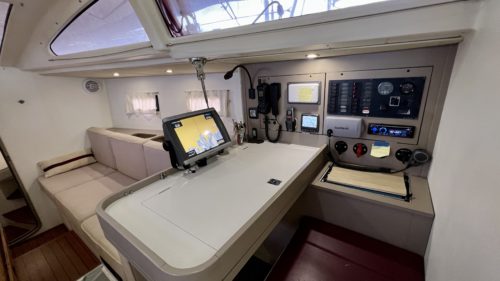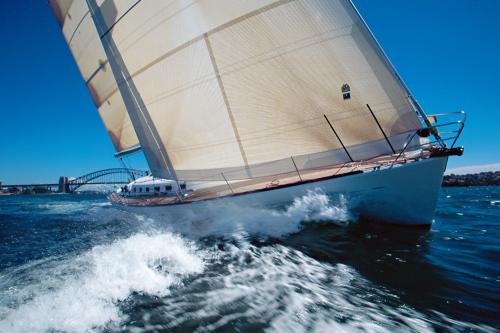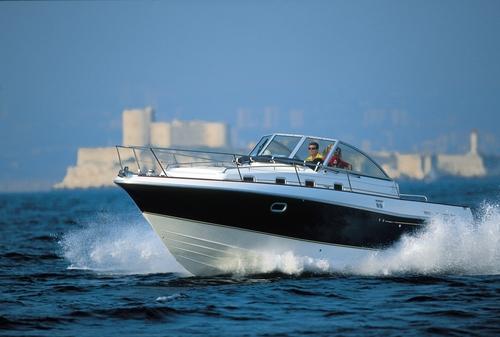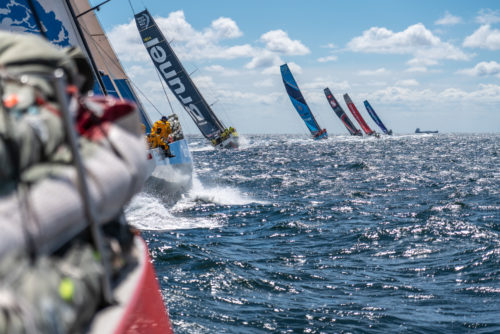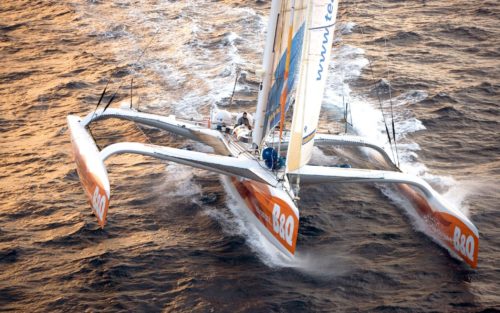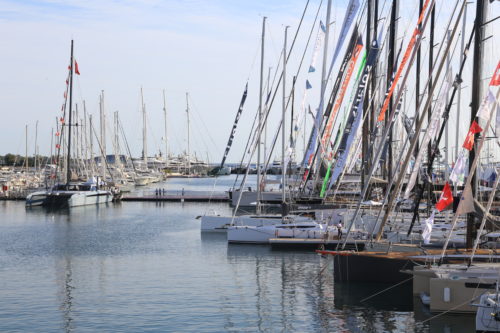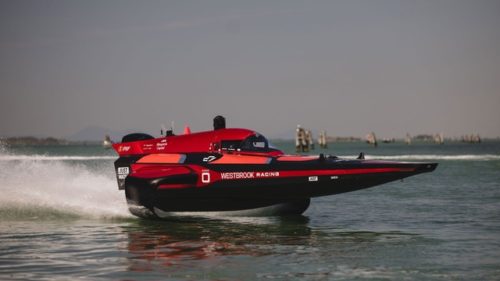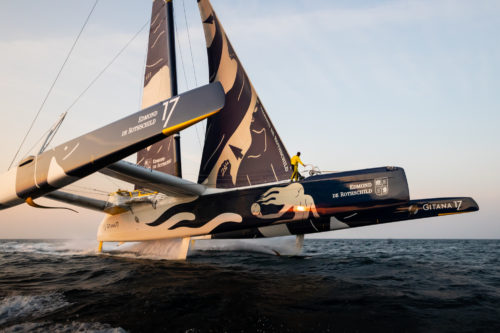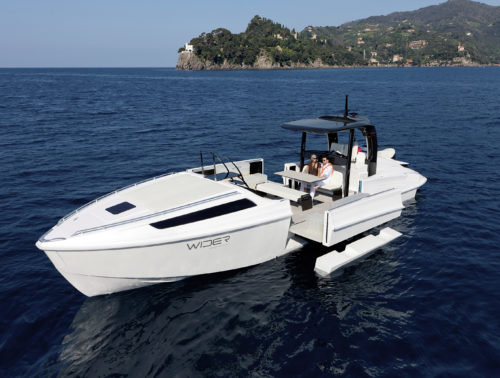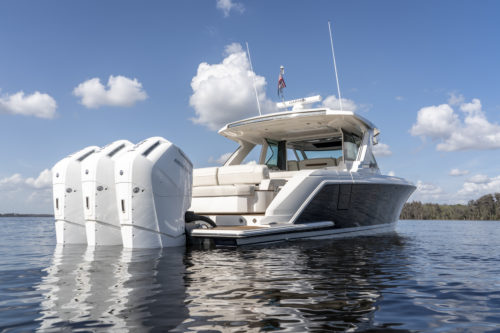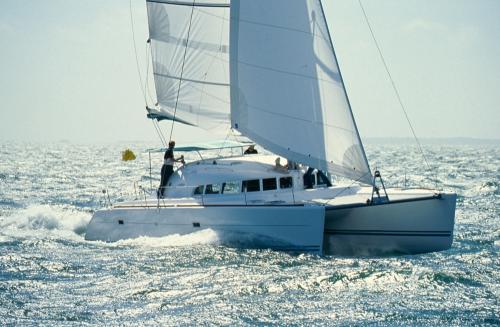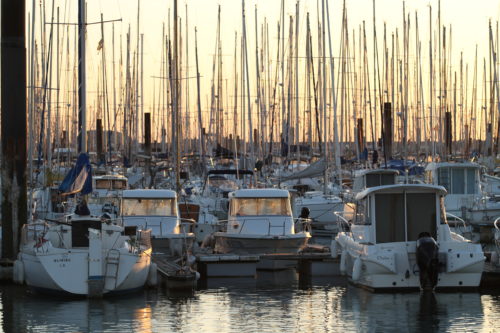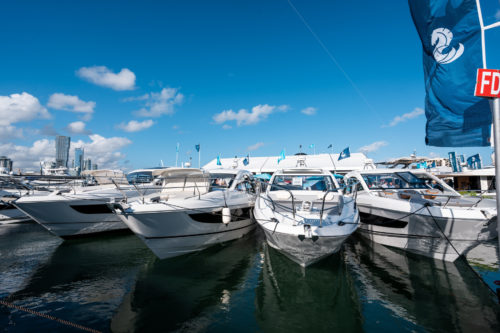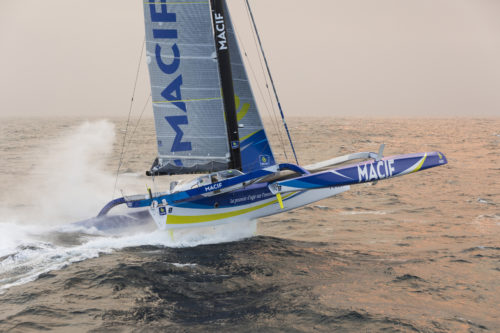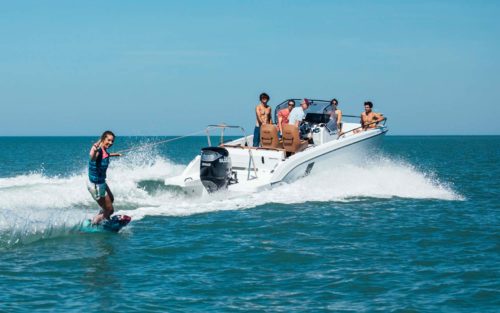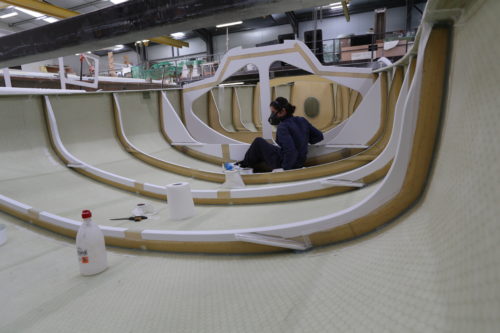Motorboating reassesses its fundamentals
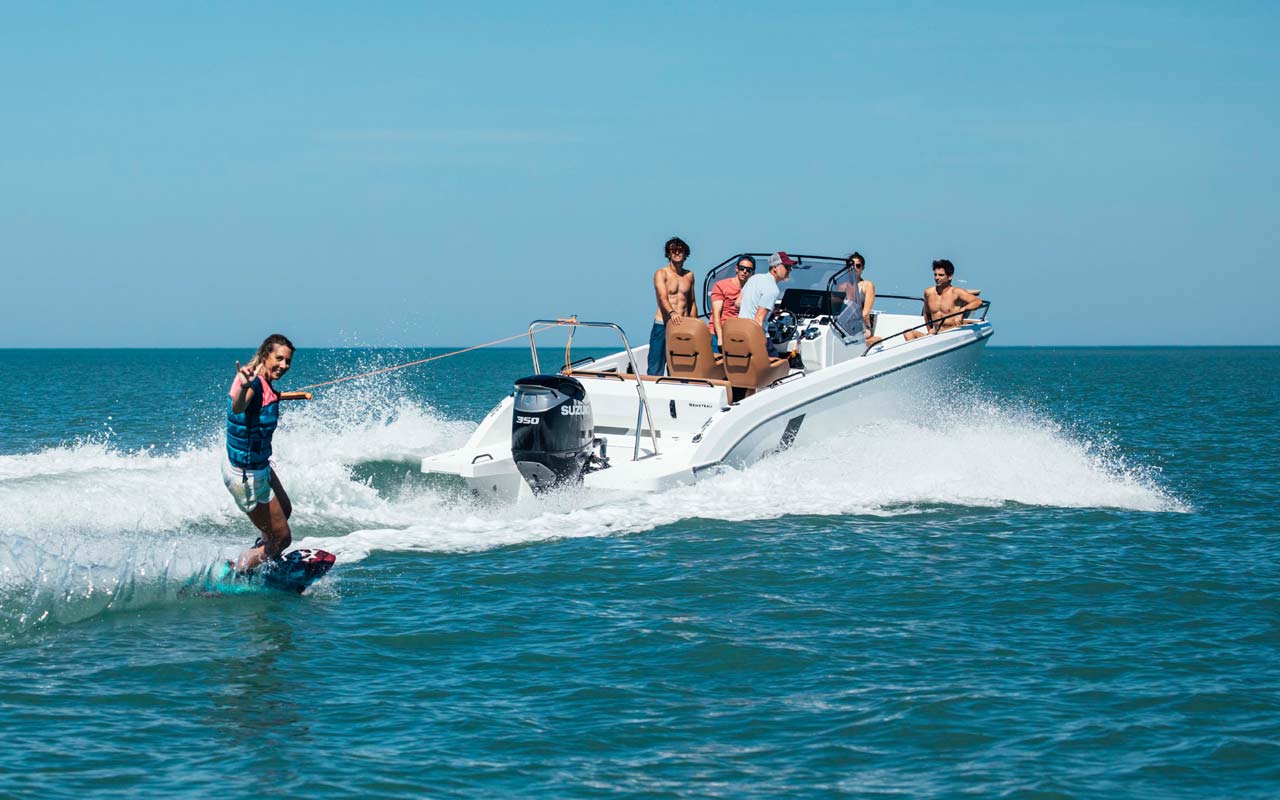
Like many leisure and consumer activities, motorboating can be seen as a reliable indicator of certain societal trends. This is reflected in the data for this sector in France over the decade from 2010 to 2020. The selection of new models available has increasingly moved towards premium and even luxury units, with builders looking for better margins, encouraged by the arrival of growing numbers of clients on the market with strong purchasing power. At the same time, the lower-end segments, the foundation around which powerboating built its success from the outset, have had to adapt to more contrasting economic realities. However, despite these shifts, the vast majority of the fleet has continued to be made up of small units under 7 meters. Overall, motorboats, far from being essential goods, have not lost their appeal as a practical way to escape the pressures of crowded coastal life during weekends and holidays. From year to year, this appeal has been confirmed by the continued resilience of the figures for the boat permits issued. In the early years of a decade still feeling the effects of the 2008 global financial crisis, both professionals and buyers devised strategies to ensure they could continue to enjoy time on the water. However, for many aspiring boaters, the pathway for access to motorboating was still strewn with obstacles. For instance, securing a berth in a marina continued to be – and still is – a long and difficult process, encouraging demand for easily trailerable models that are quick to launch.
Preowned market opening up opportunities
With rising prices for new boats, and higher financing, insurance and maintenance costs, the preowned market has become an obvious choice for a growing number of buyers across most segments, especially for small and mid-size boats. The new styles that emerged over the previous two decades have really benefited from this widespread interest, for both first-time purchases and renewals, including open, sundeck and walkaround models, often to the detriment of more traditional cabin layouts like sport fishing units and dinghies. In 2019, a study by the French boating industry federation (FIN) reported growth of around 3%, compared with the previous year, for this type of transaction, whether handled through professionals or between private owners. This report also confirmed the preowned market’s role in opening up wider access to motorboating, attracting for several years “buyers from intermediate socio-professional categories”. In this study, the strength of the preowned market was seen as a very positive sign for boat professionals, countering the fears of “a shift away from ownership towards a user-based market, where shared ownership might disrupt traditional practices and gradually erode the market. On the contrary, we have seen the exact opposite, with boating as a leisure activity attracting more and more people, whether through full ownership or rental”. However, this optimism will soon be tempered by the combined impacts of the shifts in societal behavior and, above all, by the rapid rise of the internet and digital tools in just a few years.
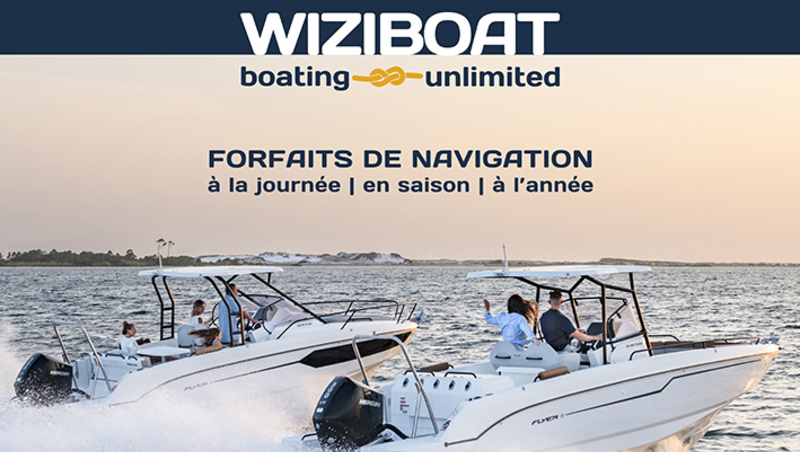
The phenomenal growth in online platforms
As the internet increasingly shaped all aspects of day-to-day life, the rapid and spectacular development of online platforms led to deep changes in consumers’ relationship with commerce. In the preowned sector, these sites quickly became the best way – if not the only way – to directly offer boats for sale. Their international reach, supported by automatic translation (sometimes comical in the early days), enabled listings to be instantly shared across Europe and around the world, with some new and unexpected opportunities on the horizon. Browsing these sites, such as Le Bon Coin, soon became a leisure activity in its own right. Of course, the preowned market was not the only one to benefit from these developments, and alternative forms of boating, that were previously seen less widely, became easily accessible and seamless for all users. This was especially true for short-term rentals, through dedicated platforms such as Click & Boat, covering various motorboating segments. This opening up of the market followed in the wake of the trend led by younger urban or suburban generations, increasingly tempted by quick access to various forms of transport, such as cars for short-term use. Despite some reluctance among industry professionals to acknowledge it by the late 2010s, casual motorboaters had themselves become more hedonistic, more focused on fulfilling their immediate desires than on the responsibilities of ownership. The symbolic appeal of owning a boat began to wane in favor of the fun experience of users trying out different models, tailored to the size of their family or their holiday location.
With this same focus on having fun rather than the long-term commitments of full ownership, the emergence of the Boat Club concept echoed the shift in mindsets that was taking shape, illustrated by platforms like Airbnb for holiday properties. The WiziBoat platform with Bénéteau is an outstanding example of this, with its highly professional presentation and management. This initiative focused exclusively on the motorboat sector, offering a large fleet of units under eight meters, supported by the dealer network. The underlying hope behind this easy access model is to “convert” some occasional clients into committed buyers of new models.
As the end of this pivotal decade approached, the widespread adoption of smartphone apps came to influence every aspect, even the technical side, of how people interacted with motorboating, whether they were full owners or simply day-trippers.
